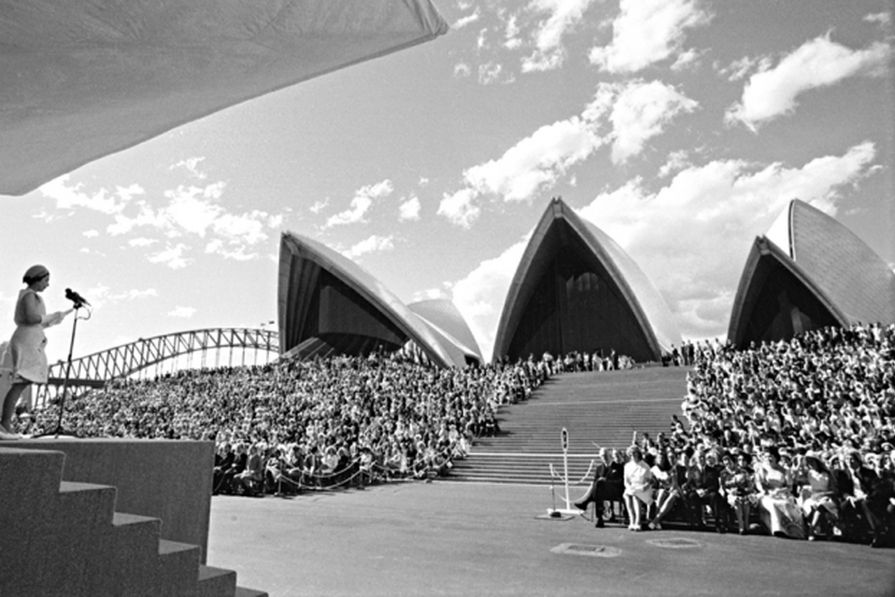After She Left by Penelope Hanley
Impact Press
Pp. 337
This novel
focusses on three generations of women and in particular the mother/ daughter relationship,
but the characterisation is shadowy and they all blend into one. Penelope
Hanley obviously has things that she wants to say about Irish immigrants,
illegitimacy, art, Sydney, politics, and the Women’s Liberation Movement but
the forced plot and the unnatural dialogue does her story a great disservice. The
granddaughter, Keira, is trying to do a photo essay project on her grandmother
(Deirdre Wild)’s art, but her mother, Maureen, resists saying much about her,
creating a sense of mystery. It transpires she had an illegitimate child after
an affair with a married man; this is not a scandal today and the consequences
of it then aren’t covered well enough for it to merit the supposed shock.
There are ways
of blending historical detail seamlessly into a novel, which Penelope Hanley ignores.
She uses newspaper articles to fill in details, or clunky discussions about conscription and the Vietnam War; Whitlam’s speeches are transcribed. Neither does the
author follow the advice given to every aspiring author of ‘show; don’t tell’. The
description of Deirdre’s peripatetic lifestyle reads like a route map, and rather
than trying to weave the effect of the artworks into the narrative, Hanley
chooses to describe Deidre’s art in a mock newspaper review; a three-page long
account of the paintings and the artistic style supposedly from the Sydney Morning Herald.
 |
| Queen Elizabeth II officially opening the Opera House on 20th October 1973 |
Characters
discuss sexism in art, and the architecture and politics of the Opera House in
a way which is simply unrealistic. Keira won’t go to the opening, because the
author wants to shoehorn in her opposition to the monarchy. The frequent
discussions about gender roles and how women do all of the “domestic stuff”
even when they have a paid job too, are clearly important, but are presented as
daughters and mothers lecturing each other with full speeches. It plays to the
gallery so strongly I feel as though I’ve been hit over the head with a pop-up
placard. Earnest debates about apathy and change read more like a social
history textbook, and the writing is turgid as no noun is left with an
adjective; no verb without an adverb. “When she let herself in, Lady, in a
quick dash of woolly curls and wagging tail, hurled herself gently at Keira,
barking ecstatically, her paws on Keira’s thighs.” – can a dash be anything but
quick? Can one hurl gently?

No comments:
Post a Comment